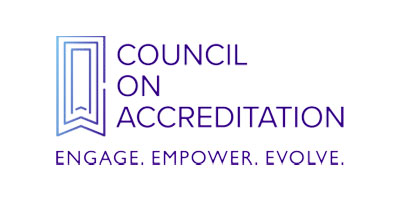July is Social Wellness Month!
Social wellness is the relationships and interactions we have with others. Having good social habits helps to build a support system that can help your mental and physical health.
“Social wellness has been difficult to maintain over the past few years as we have lived with COVID-19,” says Family & Children’s Center therapist Barbara Barghahn, M.S. “Having positive social connections, nurturing social relationships, and participating in activities that will strengthen our social connections will build healthy skills that support mental health.”
The National Institutes of Health provides six strategies for improving your social wellness:
Make Connections
- Join with others enjoying an activity you enjoy. Finding others that enjoy the same things as you can help you make connections.
- Learn a new skill.
- Help others by volunteering in your community.
Take care of yourself while caring for others
- Plan ahead. Organized your lists and try to do your same activities at the same time each day.
- Don’t race to get everything done! Pausing your activities can help you to reorganize your thoughts.
- Eat right and get active.
Get active together
- Start a club with people you know to help you get active.
- Support safe walking areas in your community.
- Ask for more physical activity opportunities in schools.
“Through modeling personal social wellness, our experience improves our own functioning including interactions with others,” said Barghahn, M.S. “This has a ripple effect that may encourage others to also make healthier choices in holistic balance in life.”
Bond with your kids
- Offer specific praise when kids show good behavior.
- Use kind words, actions and gestures with kids.
- Ask your children about their concerns, worries and goals.
Build healthy relationships
- Share your feeling honestly.
- Expect respect and treat others with respect.
- Avoid being overly critical.
Shape your family’s health habits
- By setting a good example, others may follow.
- Healthy habits can be fun, don’t make them a chore.
- Don’t feel the need to change everything at once.
“Making gradual changes both increases self-efficacy and confidence in developing healthier habits that are permanent,” said Barghahn, M.S. “It prevents one from becoming overwhelmed by too many changes at once and improves the likelihood that the new, healthier habits will maintain over time.”









